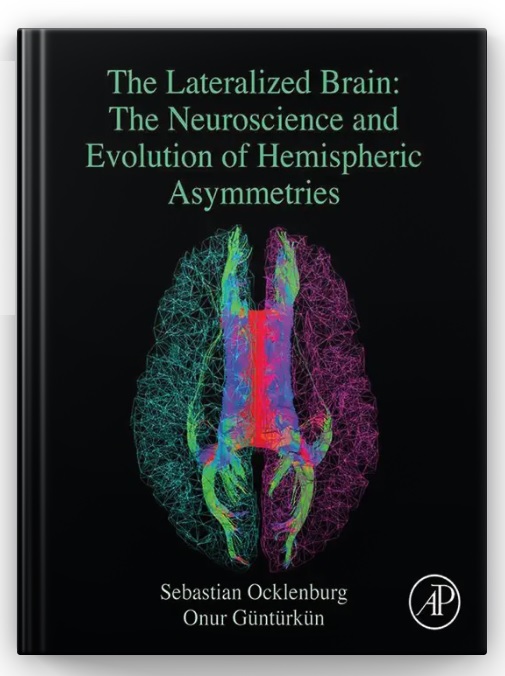When nothing goes right, go left! Brain Lateralization of Language
Enrolment options

Course Description
The seminar will focus on understanding how language and other systems of communication work in the brain, and how the two hemispheres are involved. Is language lateralized? Is handedness important for language? Are all right-handed people left-lateralized for language? Are all left-handed people right-lateralized for language?
We will dive into the example of whistled languages, but what is a whistled language? In what way are they different from other languages, and how have they been studied until now? Furthermore, the process of how some of the studies were created and why, and the importance of addressing these projects not just from a psycho-neurolinguistics perspective, but from a historical and sociological perspective will be presented as well. Who decided to do a neuroimaging study about such a minority language? Why are the following studies using behavioral methods? Insights about the process of preparing some of the studies and the process of publication will be provided.
Course Goals
- (Re)Learn the different parts of the brain involved in language and communication, and the role(s) of each hemisphere in language
- Understand the methods and techniques used in scientific papers (qualitative vs quantitative, behavioral vs. neuroimaging, stats, software programs…)
- Learn the process of preparing a study (from zero to hero, or from “I would like to make my Master Thesis about …” to publish it).
- It is expected that students will improve several soft skills as well, such as:
- scientific reading (how to read, and understand a scientific paper and/or chapter of a book)
- summarizing (from reading a text, listening to a talk, …)
- presentation
All the information is available in the LSF: https://lsf.hhu.de/qisserver/rds?state=verpublish&status=init&vmfile=no&publishid=258437&moduleCall=webInfo&publishConfFile=webInfo&publishSubDir= Veranstaltung
- Teacher: Pamela Villar Gonzalez